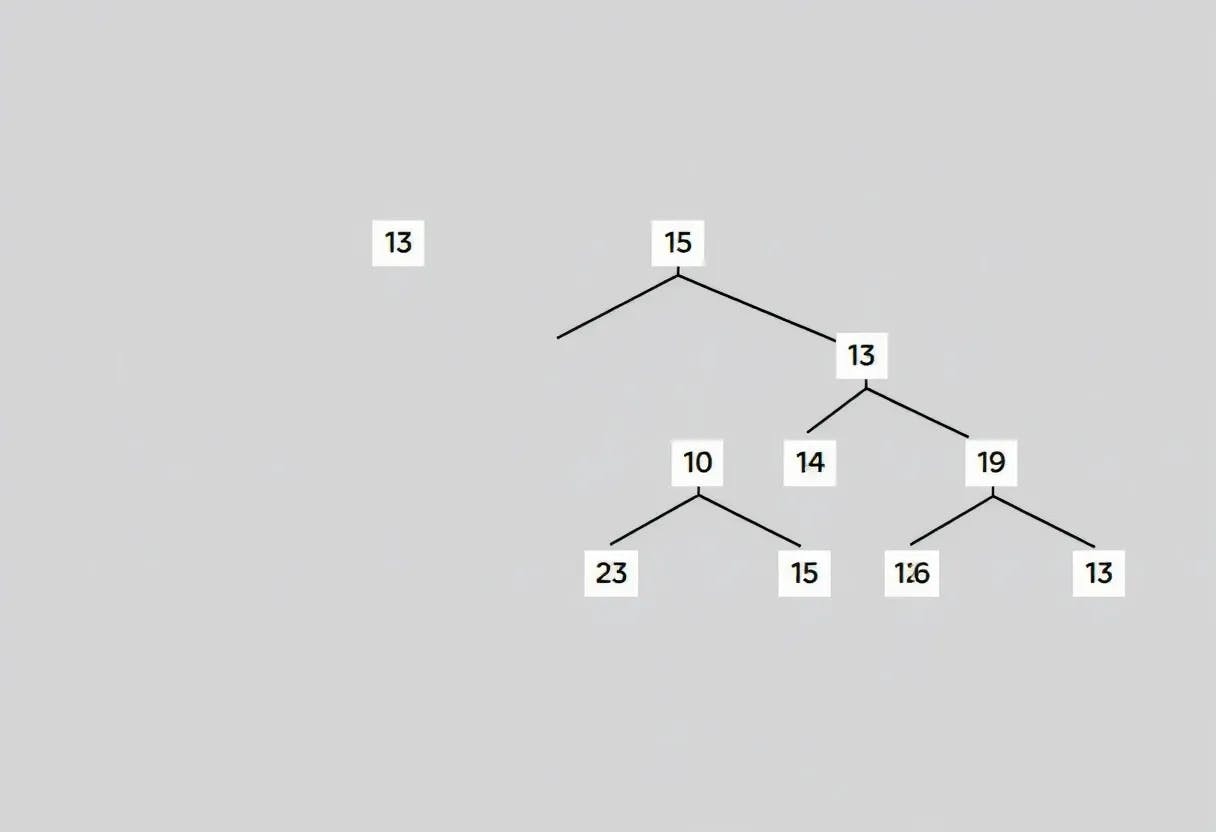175 reads
How Adaptive Tree Structures Tackle Blockchain Scalability Issues
by
September 11th, 2024
Audio Presented by

Technology is forever restructurable. The future belongs to whoever restructures it.
Story's Credibility

About Author
Technology is forever restructurable. The future belongs to whoever restructures it.
